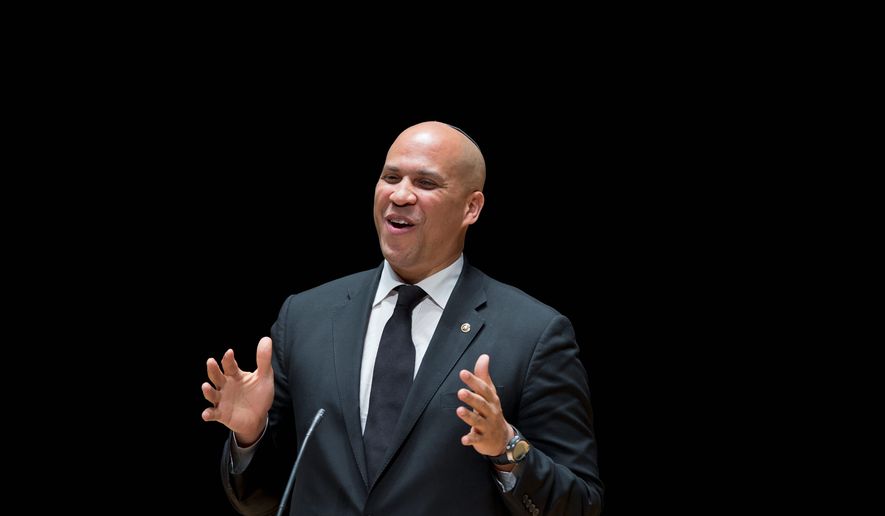Lawmakers who are on Twitter are more likely to reflect their constituents’ positions in their votes than those who aren’t, according to a new study that suggests social media makes it easier for voters to participate in democracy.
The study, published in conjunction with the American Political Science Association’s annual conference this weekend in Washington, said giving voters a “convenient and casual way” to interact with their members of Congress actually changed the way the lawmakers voted.
“Adoption of Twitter by politicians may enable them to obtain more information about their constituents and therefore make decisions that are more aligned with the constituents’ political orientation,” Reza Mousavi, a Ph.D. student at Arizona State University, and Bin Gu, an associate professor there, said in their study.
Another study, though, found that lawmakers themselves aren’t always using Twitter to the fullest extent.
The paper from three Congressional Research Service staff members and a professor from the University of Maryland looked at senators in the current Congress and found younger ones use Twitter to interact with voters, while older senators tend to use it as another one-way platform to broadcast press releases and upcoming events.
Democrats are more likely to be heavy users of social media than GOP lawmakers and are more likely to use hashtags in their tweets.
“While this might be random or due to something innate about liberals, it implies that the Senate Democrats are more successfully coordinating their social media message, either through chamber leadership or organically within the caucus,” the paper said.
The report, which is not affiliated with the CRS, looked at the Senate because all 100 senators are on the social networking site. Despite every senator having a Twitter presence, the paper found a huge variation in the number of tweets sent per lawmaker in the first five months of this year, ranging from zero to 2,630.
While the researchers did not name a most active user, Sen. Cory Booker, New Jersey Democrat, is widely known as a prolific tweeter, using the platform to interact with both constituents and other lawmakers. His across-the-aisle bromance with Sen. Rand Paul, Kentucky Republican, began on Twitter when Mr. Booker responded to Mr. Paul’s tweet on the airing of grievances for Festivus.
The researchers also found that senators who are up for re-election are more active on Twitter. Retiring senators send 61 percent fewer tweets.
And lawmakers from states and districts with a higher median household income also send more tweets, since they represent a “more affluent, tech-savvy” constituency, the researchers found.
The paper, tracing a connection between voting and Twitter, looked at House lawmakers in the 111th Congress, which first convened in January 2009, and measured how their voting patterns changed during the next two years. Over that time, 189 House members joined Twitter.
The paper examined the political leanings of each district and measured if the politician’s voting record got closer to or farther from the district’s political leanings. The study found that lawmakers who were on Twitter moved slightly closer to their constituency’s political views after joining the social network site.
The change was small, but the study also looked at whether lawmakers’ votes became more conservative or more liberal after joining Twitter. The researchers found that those who joined Twitter saw their voting records trend more conservatively.
Some of that may be explained, however, by the country and lawmakers becoming more conservative as a whole from 2009 to 2011, Mr. Mousavi said. Democrats controlled both chambers of the 111th Congress, and President Obama had just taken over the White House. Mr. Mousavi said the average voting record grew slightly more conservative, but those on Twitter became 35 percent more conservative in their voting records over the two years.
“We observed [that] people who adopted Twitter, after [their] adoption, became more conservative, and people who didn’t adopt, they actually became a little bit more conservative, but not as much as those who adopted,” he said.
The longer a politician was on Twitter, the greater the change in their voting patterns, the researchers said.
Electronic communications are increasingly important to congressional offices. The National Journal reported earlier this month that while paper mail used to be more highly valued by lawmakers, it is now treated as equal to constituent emails.
• Jacqueline Klimas can be reached at jklimas@washingtontimes.com.




Please read our comment policy before commenting.